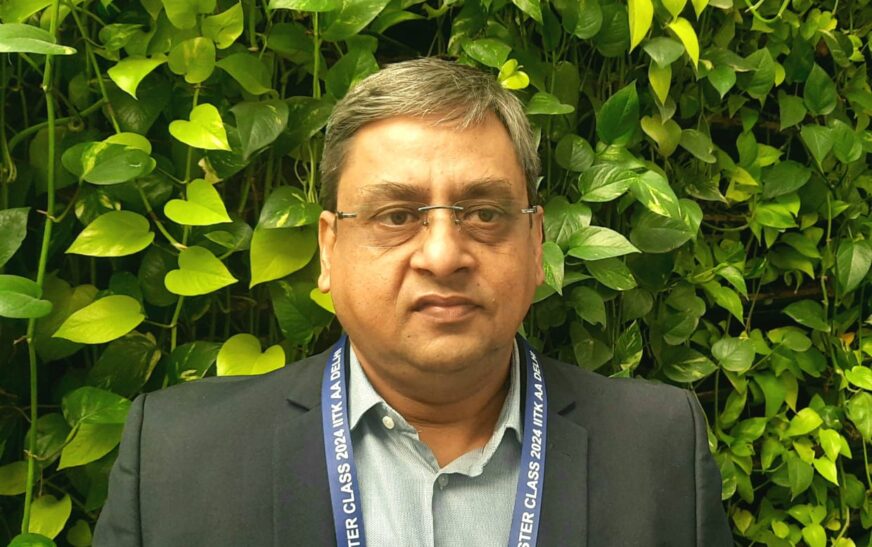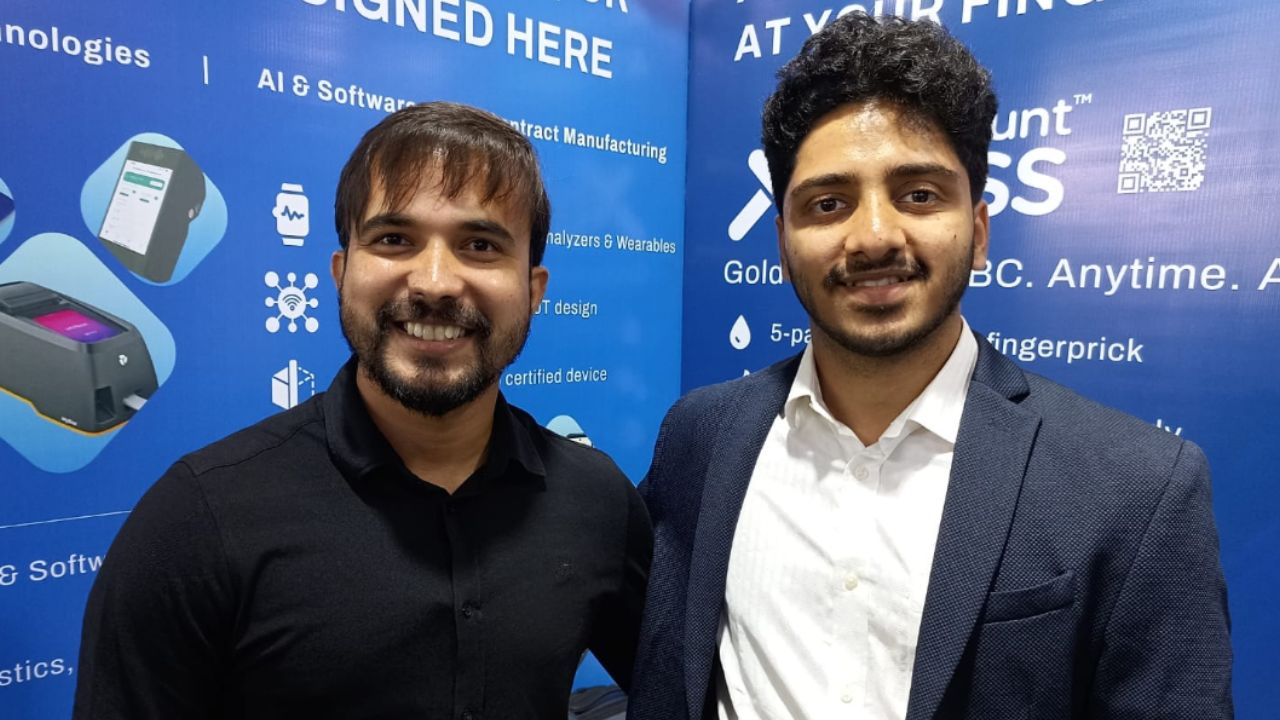Founded in 1999 by a team of visionary tech enthusiasts in Bangalore, Rooman Technologies has emerged as a trailblazer in IT training and skill development. Guided by a mission to deliver employable training, foster confidence, and provide globally recognized certifications, the company has set an unmatched benchmark in the industry.
Over the past 24 years, Rooman has empowered more than 1.2 million learners with industry-leading certifications from global giants like Cisco, Microsoft, and Red Hat. Demonstrating its innovative edge, Rooman adopted the Flipped Classroom Model, revolutionizing online education while simultaneously maintaining a strong network of 100+ centers across India.
Rooman’s collaboration with the Government of India reflects its unwavering commitment to positioning the country as a global leader in skilled talent. In addition to training, the company excels in IoT and ERP product development, alongside critical services such as cybersecurity and data management. At its core, Rooman seamlessly integrates education and technology, cementing its legacy of excellence.
In an exclusive interview with The Interview World, Manish Kumar, CEO of Rooman Technologies, delves into the company’s transformative training and certification programs. He highlights the impressive number of skilled professionals Rooman has nurtured, sheds light on the prevailing gaps in IT training, and explains how his organization is bridging them. Additionally, he discusses strategies to fortify India’s software product development sector and offers insights into Rooman’s global footprint.
Here are the most compelling takeaways from this insightful conversation.
Q: What types of training and certification programs do you offer specifically tailored to the Indian market, and how do they address local industry needs?
A: We specialize in IT training, with a legacy spanning nearly 25 years. Since our inception in 1999, we have partnered with industry giants like Microsoft, IBM, and Cisco to deliver globally recognized IT certification programs. These partnerships have solidified our reputation as a trusted name in the IT training landscape.
Over time, we expanded our vision by collaborating with the National Skill Development Corporation (NSDC). This pivotal partnership enabled us to broaden our offerings beyond IT and venture into skill development across diverse sectors. Today, we provide training in 12 key industries, including BFSI, retail, hospitality, tourism, and more.
Our journey reflects a commitment to empowering professionals with the knowledge and skills needed to thrive in a competitive world.
Q: How many skilled professionals has your organization successfully trained and provided to the industry so far?
A: Over the past 25 years, we have trained over 1.2 million students across India, shaping countless careers and empowering professionals nationwide. At our peak, we operated more than 300 training centers worldwide. Today, we proudly maintain over 60 company-owned training centers, continuing our commitment to delivering quality education.
While we have embraced digital transformation through online learning platforms, we firmly believe in the irreplaceable value of in-person education. The resurgence of fully occupied schools post-COVID reaffirms our conviction. This belief drives us to sustain a strong physical presence, ensuring students benefit from a hands-on, immersive learning experience across our network of centers.
Q: What gaps do you observe in IT training within the industry, and how is your organization working to bridge them?
A: The pace of technology change, particularly with AI, has shifted dramatically. Fifteen years ago, advancements were more manageable, but today, the landscape evolves weekly with new versions of large language models (LLMs) being released. What was once a “nice-to-have” skill set has now become a critical necessity.
However, our academic system struggles to keep pace. Universities face bureaucratic hurdles, requiring approvals from academic councils and governing bodies to update curricula. This makes it nearly impossible to overhaul syllabi quickly to match industry demands.
That’s where we step in. We constantly monitor global trends to identify emerging technologies and skills. Our role is to bridge the gap between academia’s output and industry requirements. To do this, we provide focused training programs ranging from 100 to 500 hours, addressing this skills gap effectively.
One of our key advantages lies in helping students gain clarity about their career paths. Often, students pursue degrees based on parental influence or societal expectations—mechanical engineering, electronics, or similar fields—without a clear understanding of their own interests. When they come to us, they’ve already taken a step toward identifying their passions, whether it’s cybersecurity, AI, or machine learning.
This clarity accelerates their alignment with industry expectations. Even for average-performing students, a structured training program of 300 to 400 hours is sufficient to make them industry-ready and secure a job. Our approach is practical, targeted, and designed to empower students with the skills they need to succeed in the rapidly changing world of technology.
Q: While India has excelled in software services, there seems to be a gap in product development. What are your thoughts on this, and how can the country strengthen its position in this area?
A: This is a significant pain point for the country. Almost everything we use is imported, while our primary export remains manpower, primarily in IT. However, this trend is shifting. From a global perspective, I see many countries, like Tanzania, Cambodia, and Vietnam, beginning to take over. Post-COVID, there was an opportunity for India to step into the “China Plus One” strategy, but we missed that chance. The government must take action to address this gap.
Additionally, we urgently need trained resources. Industries come to India because they bring money and technology. However, to truly succeed, we must have the skilled manpower to support these ventures. For instance, if a company like Apple decides to set up an assembly line in India, they will need skilled workers. But if we lack this talent or if labor issues, like frequent strikes, persist, companies will not stay.
Having a well-trained workforce is critical. If we can provide skilled workers, business houses will be more inclined to invest here. Training and preparing resources for the job market are essential for India’s economic growth and long-term competitiveness.
Q: In how many countries does your organization currently operate?
A: We currently operate in four countries: Australia, the USA, the UAE, and Japan, where we have a branch in Tokyo.








